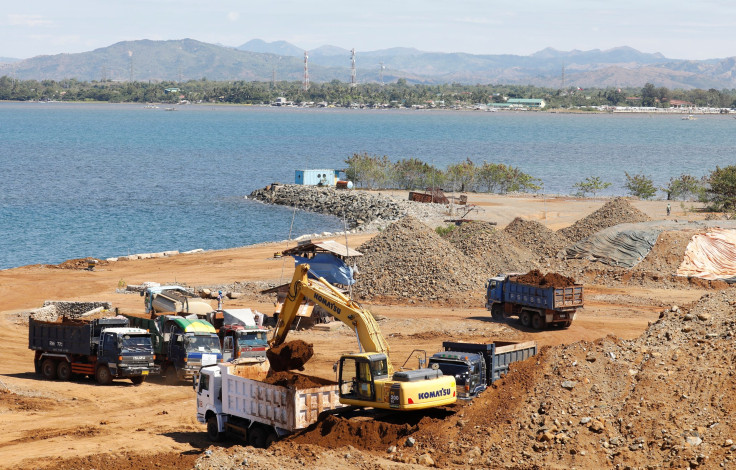Mining accounting for 10 percent of all Australian jobs

As Australia finds itself facing the “post boom” era, the contribution of the mining industry has been much larger than previously believed. The sector accounts for as much as 10 percent of all jobs. According to Reserve Bank of Australia (RBA) board member Ian Harper, the “export phase” of the mining boom has another 30 years to run.
The mining sector and a much broader Mining Equipment, Technology and Services (METS) contributed a total of $237 billion, equivalent to almost 15 percent, to the total economy of Australia in 2015-2016. In comparison, national accounts reveal mining, which also includes oil gas, contributed $116 billion of industry gross value. This amounts to 7 percent of the total national economy.
The industry supports as many as 1.14 million jobs across the country, according to Deloitte. In a paper, titled “Mining and METS” engines of economic growth and prosperity for Australians, Harper writes that the mining sector is currently in its third phase of the mining boom.
“Resources' booms typically have three phases — the prices phase, the investment phase and the export or production phase," Harper said, speaking with the ABC. "We're well and truly into the export, or production phase, and that will last probably for the next 30 years — this is still very much a large issue."
“You ask what would the economy look like without this industry and that sweeps up all the interconnections that take place between pure extraction, which is what most people think mining is, and refining, and then you've got all the rest,” he added.
Mining extraction increases Victoria’s gross state product by 0.5 percent. Meanwhile, the same number jumps significantly to reach 3.7 percent when METS sector is considered. David Byers, deputy chief executive of the Minerals Council says the report highlights that the government needs to adopt measures to ensure the industry remains competitive through the tax system, industrial relations flexibility, openness to foreign investment, affordable and reliable energy, and efficient regulation.
The contribution of the mining industry to the economy, along with the number of employment opportunities it creates, is something that should be recognised, according to Harper. He cited Victoria as a state that is using the third and final phase of the mining boom to its advantage. "So even in a state like Victoria it's a big gig, and that's producing something like about the order of say 121,000 jobs in Victoria,” he said.





















